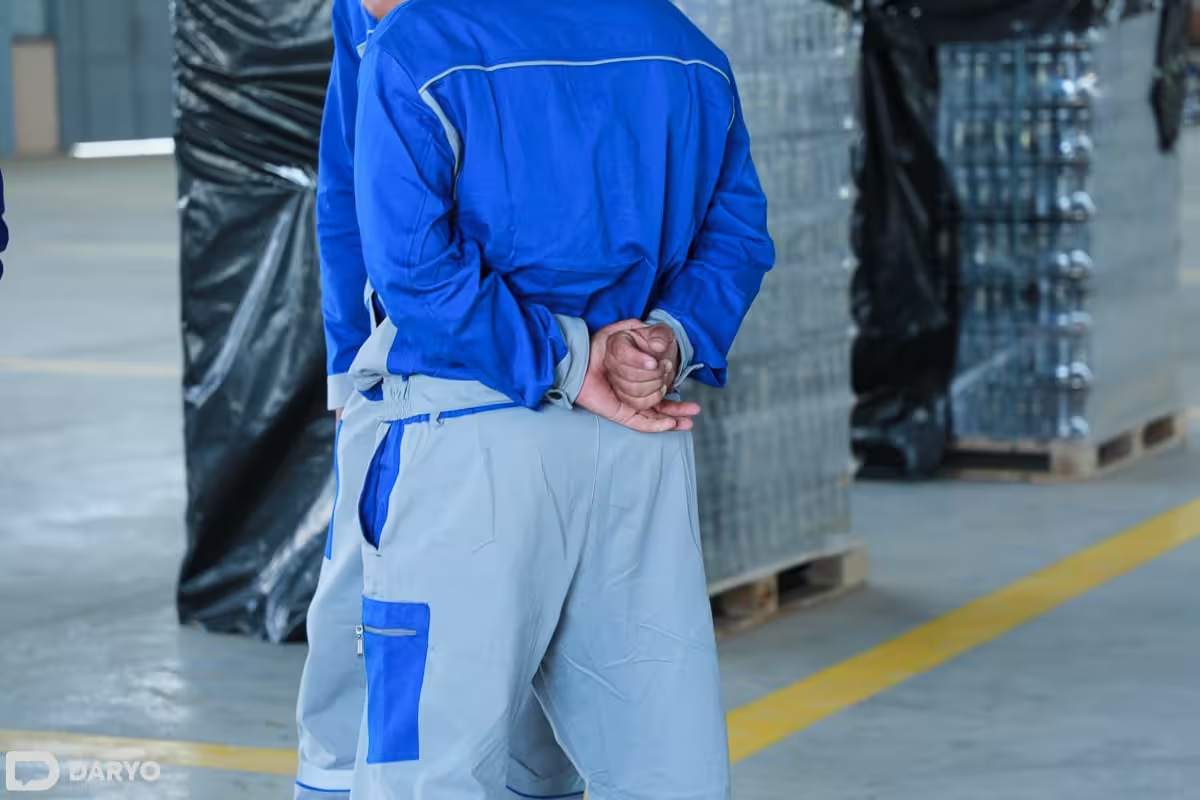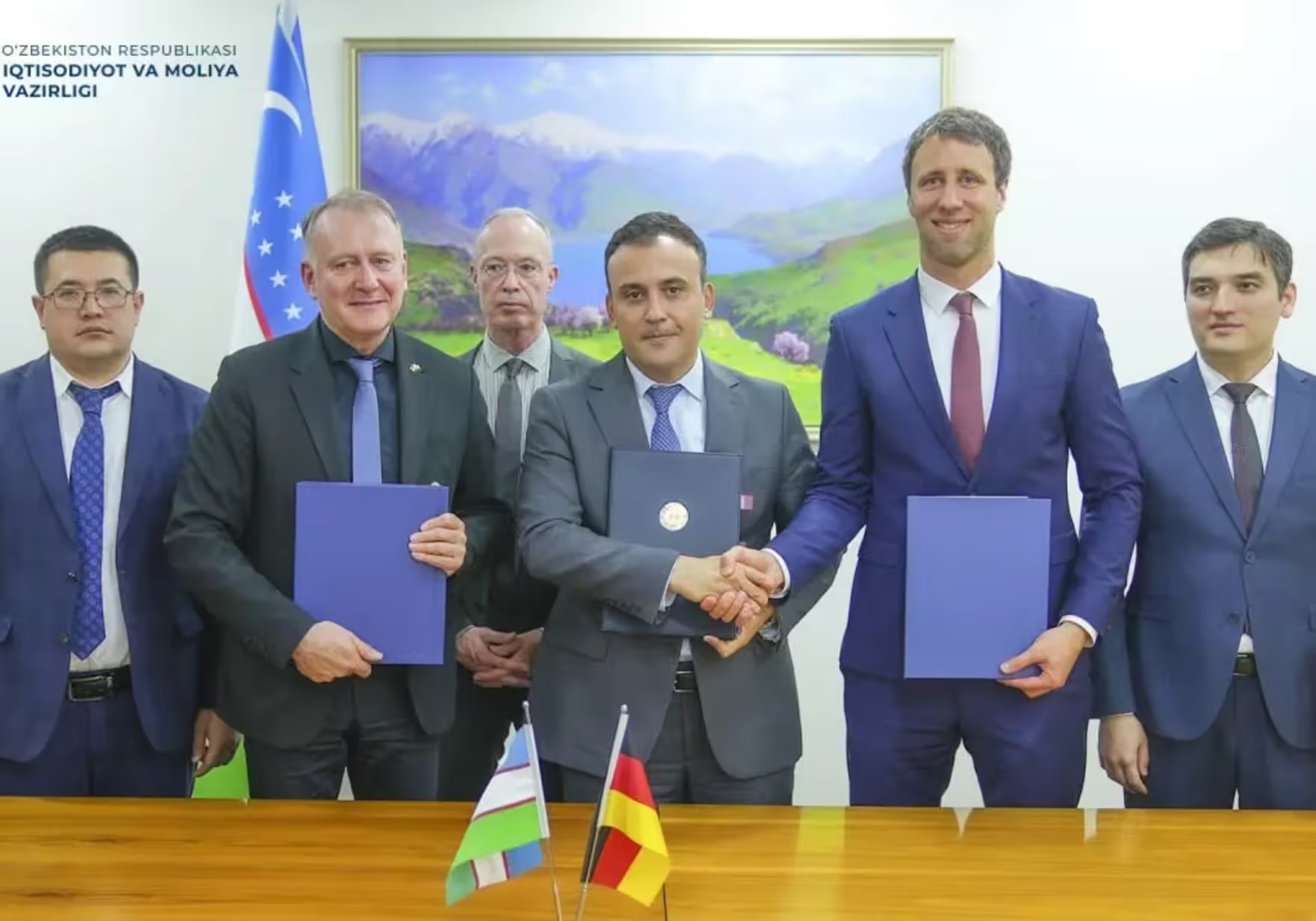Uzbekistan has introduced new norms for duty-free imports and lifted all restrictions on exports, as part of sweeping reforms aimed at boosting domestic production, supporting entrepreneurs, and expanding access to global markets.

A new Cabinet of Ministers resolution outlines updated thresholds for the duty-free import of goods by individuals, which will take effect from May 1, 2025. The new limits are as follows:
- Air transport: $1,000 (previously $2,000)
- Rail and river transport: $500 (previously $1,000)
- Vehicle and pedestrian checkpoints: $300
- International courier services: $200 (with a total limit of $1,000 per quarter)
- International postal services: $100 (unchanged)
The changes aim to tighten customs regulation while maintaining access for personal and non-commercial imports.
Meanwhile, starting July 1, 2025, Uzbekistan will remove all restrictions on the export of goods, a move that was announced at a recent government meeting chaired by President Shavkat Mirziyoyev. Export duties will remain only on raw materials and socially significant products, classified under 86 commodity groups.
“If entrepreneurs work in high-value markets, they will be motivated to increase production, improve quality, and innovate,” President Mirziyoyev stated.
The president also addressed the impact of mandatory product labeling, instructing tax and customs authorities to mitigate its negative effects on local producers.
Key reforms were also introduced to support the confectionery and soft drinks industry, which employs around 40,000 people across 5,500 enterprises. To stimulate growth:
- The excise tax on sugar will be abolished
- Import restrictions on powdered milk will be lifted
The reforms are expected to help the industry reach an annual turnover of at least 50 trillion ($3.85bn).
Despite the introduction of a VAT cashback system for restaurants and cafes earlier this year—offering 20–40% refunds—only 69 enterprises have taken advantage of it. One issue is the lack of cashback eligibility for over 200 types of products like soft drinks and desserts, even when VAT has been paid.
The Tax Committee has been tasked with correcting these inconsistencies and ensuring a fair system for VAT refunds.
In response to concerns over rising land taxes and rent rates, the president emphasized the need for a more considerate approach based on each business’s financial capacity.
“Increasing revenue should not come from raising taxes. Supporting entrepreneurs and expanding the tax base will lead to greater returns,” said the president.
To ease the burden, businesses will now be allowed to pay land and rental taxes in two installments per year.




